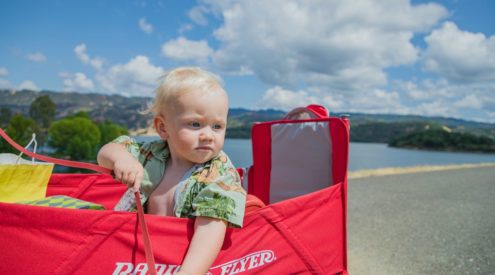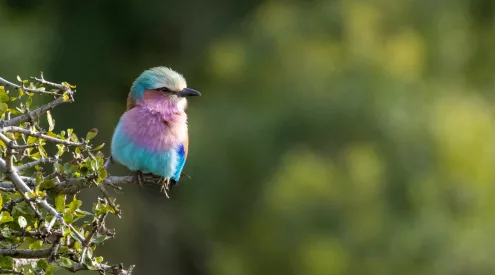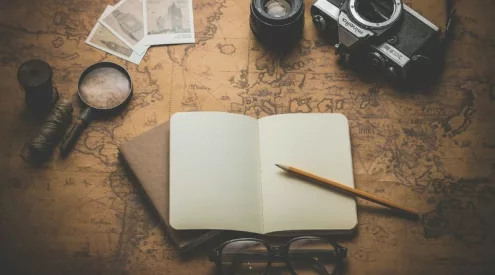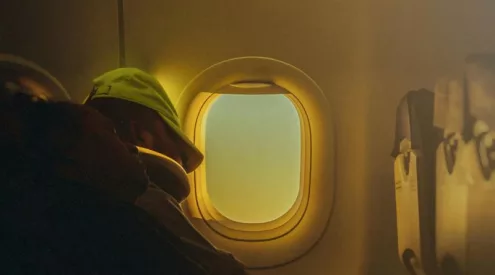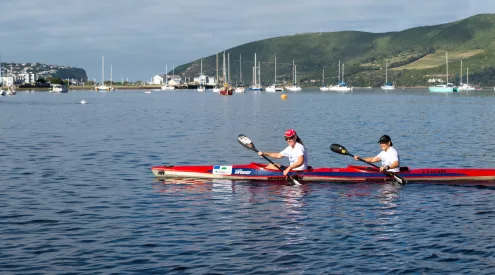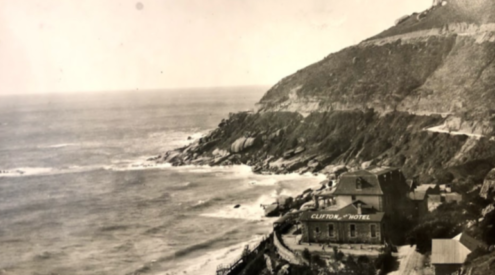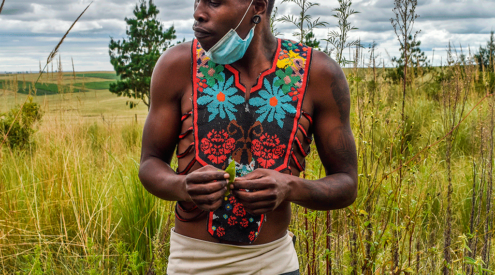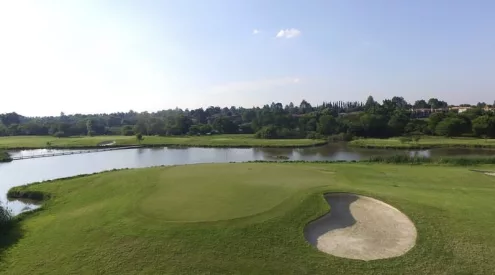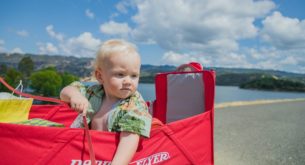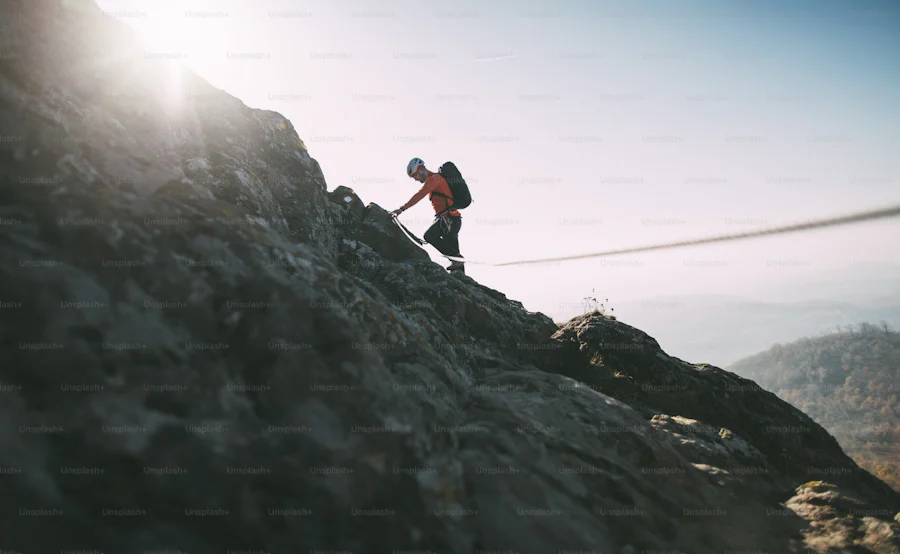Volcanoes National Park in Rwanda is one of the world’s few remaining strongholds of mountain gorillas and here, through a campaign of reform, poachers have turned to a life of conservation.

Picture: Teagan Cunniffe/ Getaway Gallery
More than 550 former poachers were grouped into 19 co-operatives surrounding the national park, where they focus on agriculture, crafts and tourism conservation.
One such co-operative is the Iby’Iwacu Cultural Village, a community-owned project run by former poachers that replicates traditional life in Rwanda.
Park ranger Edwin Sabahoro said that he began to realise that the park management was ‘far too nature-centric’ as they worked to conserve the park, but not local communities, with the relationship between park officials and the community being tense.
One former poacher said ‘they wanted to kill our method of survival’, with neither the park nor the government offering alternative means of subsistence.
This triggered the establishment of the Tourism Revenue Sharing programme, through which communities around national parks are given 10% of the park’s revenue. Sabahoro founded Iby’Iwacu Cultural Village after getting involved in rehabilitating former poachers into environmental advocates.
‘I started to hunt in 1963 when I was 25 years old and single. I killed 30 buffaloes and 20 elephants. I can’t know an exact number of duikers and antelopes because there are too many,’ said 83-year-old Leonidas Barora, who now works in the village.
‘I was reformed by the conservation programme, from which I am benefiting a lot,’ Barora said. He now earns an income through his traditional Intore dancing and storytelling in the village.
By cultivating positive attitudes towards conservation as well as the mutual benefits involved in preserving the surrounding wildlife, poaching is on the decline in Volcanoes National Park.
One initiative that encourages public interest in the park is the gorilla naming ceremony, Kwita Izina, which was introduced in 2005. So far, 258 infant gorillas have been given names.
The results of Rwanda’s approach to conservation are telling, with a 20% growth in the park’s gorilla population since 2010, from 480 to 604 animals, with plans to expand Volcanoes National Park to accommodate more gorillas.
ALSO READ
.

